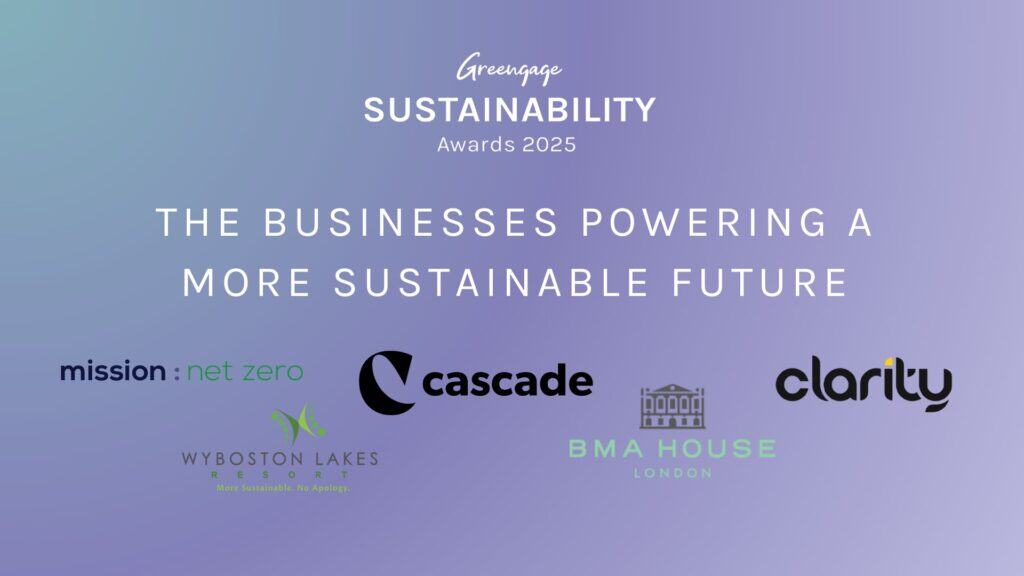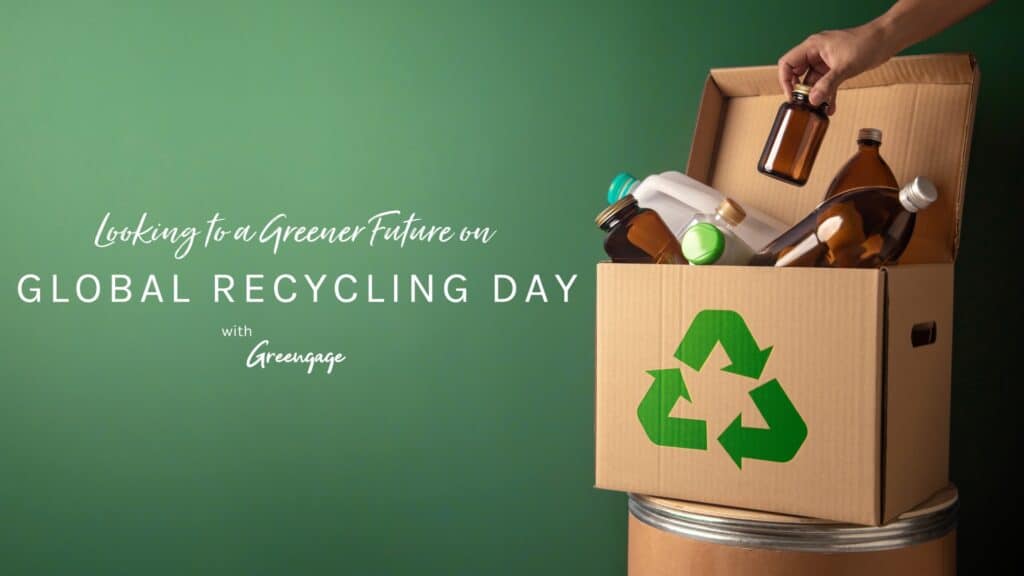With climate anxiety on the rise, it’s easy to feel overwhelmed. But there’s plenty of good news, too! Across the world, major strides are being made to reduce emissions, protect biodiversity, and develop cleaner energy. Here are some of the most exciting sustainability wins from March to keep you inspired and hopeful.
UK Greenhouse Gas Emissions Hit Historic Low (Carbon Brief)
The UK’s greenhouse gas emissions fell by 3.6% in 2024, bringing them to the lowest level since 1872. This can be attributed to the use of coal dropping to its lowest point since 1666, thanks to the closure of the country’s last coal-fired power station and a major shift in industrial processes.
Other contributors included a sharp increase in electric vehicles (EVs), cleaner electricity generation, and reduced oil demand. The UK is now home to 1.4 million fully electric cars, helping drivers save a combined £1.7 billion in fuel costs last year. While the country still has a way to go to meet its net-zero goals, these milestones mark significant progress toward a cleaner future.
France’s Tidal Turbines Set to Power 15,000 Homes (The Daily Climate)
France is making waves in renewable energy with the launch of a new tidal turbine project off the coast of Normandy. The NH1 project by Normandie Hydroliennes will use four state-of-the-art turbines to harness one of Europe’s strongest tidal flows, generating enough electricity to power 15,000 homes.
Tidal energy has often been overshadowed by wind and solar due to high costs, but its reliability makes it a game-changer. Unlike other renewables, tidal power is consistent and predictable, offering a stable source of clean energy. The project has received €31.3 million in EU funding, signalling growing support for marine renewables as part of Europe’s push toward net-zero emissions.
The Road Ahead: More Green Initiatives (The Optimist Daily)
London’s expanded Ultra-Low Emission Zone (ULEZ) is delivering remarkable results in the battle against air pollution. According to a new report reviewed by independent air quality experts, the initiative has significantly reduced nitrogen dioxide, fine particulate matter, and carbon emissions across the city.
Launched in 2019, the ULEZ was the first low-emission zone to operate 24/7, targeting vehicles that failed to meet strict emissions standards. Since then, the zone has expanded twice, most recently in August 2023, to cover all of London, making it the largest low-emission zone in the world.
London is not stopping here. The city plans to introduce more zero-emission buses, free or discounted public transport, expand cycling networks, and install additional EV charging points. The Mayor of London, Sadiq Khan’s goal is for at least 80 percent of all trips to be made by walking, cycling, or public transportation by 2041.
As the ULEZ continues to prove its worth, other cities worldwide may soon look to London as a model for tackling urban air pollution.
Microscopic ‘Eating and Pooping Machines’ Reduce Carbon in the Ocean (Happy Eco News)
The tiniest creatures in the ocean might play a massive role in reducing greenhouse gases. Zooplankton, microscopic marine animals often overlooked in discussions about climate change, could help trap significant amounts of carbon dioxide in the deep ocean. Scientists recently discovered that adding clay dust to ocean water could enhance the ability of zooplankton to capture carbon, turning it into faeces that sinks to the ocean floor, storing the carbon for thousands of years.
Scientists from Dartmouth College found that clay particles combined with organic carbon to form sticky balls called flocs, which zooplankton consume. Their faeces then sink more rapidly, preventing carbon from being released back into the atmosphere.
Future field experiments will test how this method works in real-world conditions, with researchers hoping it could enhance ocean-based carbon sequestration and provide a scalable climate solution.
27 New Species Discovered in Peru (Happy Eco News)
In a thrilling discovery, scientists identified 27 previously unknown species in Peru’s Alto Mayo Landscape, a region rich in biodiversity but threatened by deforestation. The expedition, led by Conservation International, uncovered four new mammals, including an elusive amphibious rodent, alongside eight fish, three amphibians, and an array of new butterflies and insects.
Local Indigenous experts played a crucial role in the findings, offering invaluable knowledge about the area’s wildlife. The discoveries highlight the importance of conservation efforts and reinforce the need to protect fragile ecosystems. Scientists hope these findings will help shape policies to preserve the region’s unique biodiversity while supporting local communities.
Why These Wins Matter
While global challenges remain, these stories remind us that progress is happening. From historic emissions cuts in the UK to ground-breaking species discoveries in Peru and innovative clean energy projects in France, small wins add up to a bigger impact.
By celebrating these successes, we can stay motivated and push for even greater change. Every step forward counts, and together, we’re building a greener, more sustainable world. Stay hopeful, stay engaged, and keep championing solutions that drive positive change.



